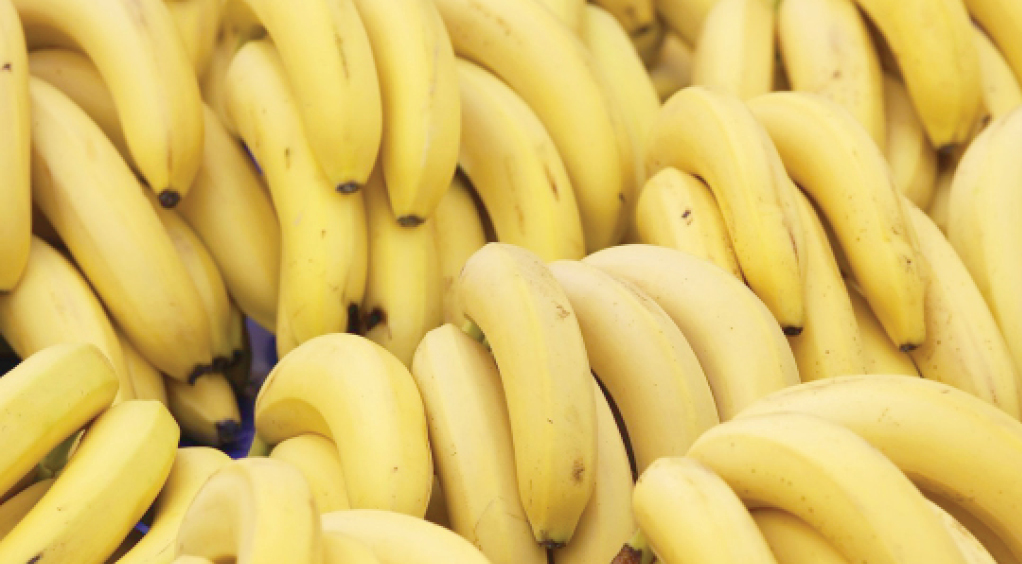Leaders of the Nigeria Fruit Sellers Association, Yan Lemo branch, Kano, have opened up on why they ripen and preserve fruits in the market before releasing it to wholesalers and retailers.
Speaking to Daily Trust on Sunday, the organising secretary of the association, Sani Ibrahim Yellow said, “Most of our fruits are sold the way they come to us, but there are some, like banana, mangoes, pawpaw and others that undergo some preservation method.
“Normally, what we do is to keep them in a heated place for at least two days, in either a drum or covered by nylon. Once the heat touches it much, it gets ripe and ready for consumption. It is the same thing for mangoes and others.”
He said fruits usually ripened as a result of heat while calcium carbide reacts with moisture. According to him, during the reaction, calcium hydroxide and acetylene gas is formed when 200cm3 of acetylene is formed from a certain mass of calcium carbide.
Also speaking on why bananas are ripened, Haruna Salisu said, “As you can see, we bought them unripe, after that, we cut them into shapes and quantities, then arrange them and cover until it gets ripe.”
He added that the treatment they would give to fruits depended on the level and condition at which it arrived at the market.
Daily Trust on Sunday learnt that in artificial ripening, the process is controlled to achieve the desired characteristics intended for consumer acceptance and improvement of sales.
It is generally done for climacteric fruits such as mangoes, pawpaw and banana to achieve faster and uniform ripening characteristics.
Ripening fruits with ethylene and ethephon is permissible if used in a limited concentration. Many countries, including India, have allowed the use of ethylene and ethephon for ripening fruits as it is less harmful if compared with calcium carbide.
Speaking about the practice, the Director of Public Enlightenment, Kano Consumer Protection Agency (CPC), Sabo Yahaya Aliyu, said the agency was doing everything possible to arrest the situation and stop the practice. He added that they had made arrests and signed undertakings with businessmen in that regard.
“It is not permissible here and we have warned them to stop it. Last week we arrested some of them and signed an undertaking that they would not do it again; but unfortunately, some are still doing it.
“Just days ago, someone reported that some of them were still doing it. But we are doing everything possible to tackle the situation,” Aliyu said.

 Join Daily Trust WhatsApp Community For Quick Access To News and Happenings Around You.
Join Daily Trust WhatsApp Community For Quick Access To News and Happenings Around You.


